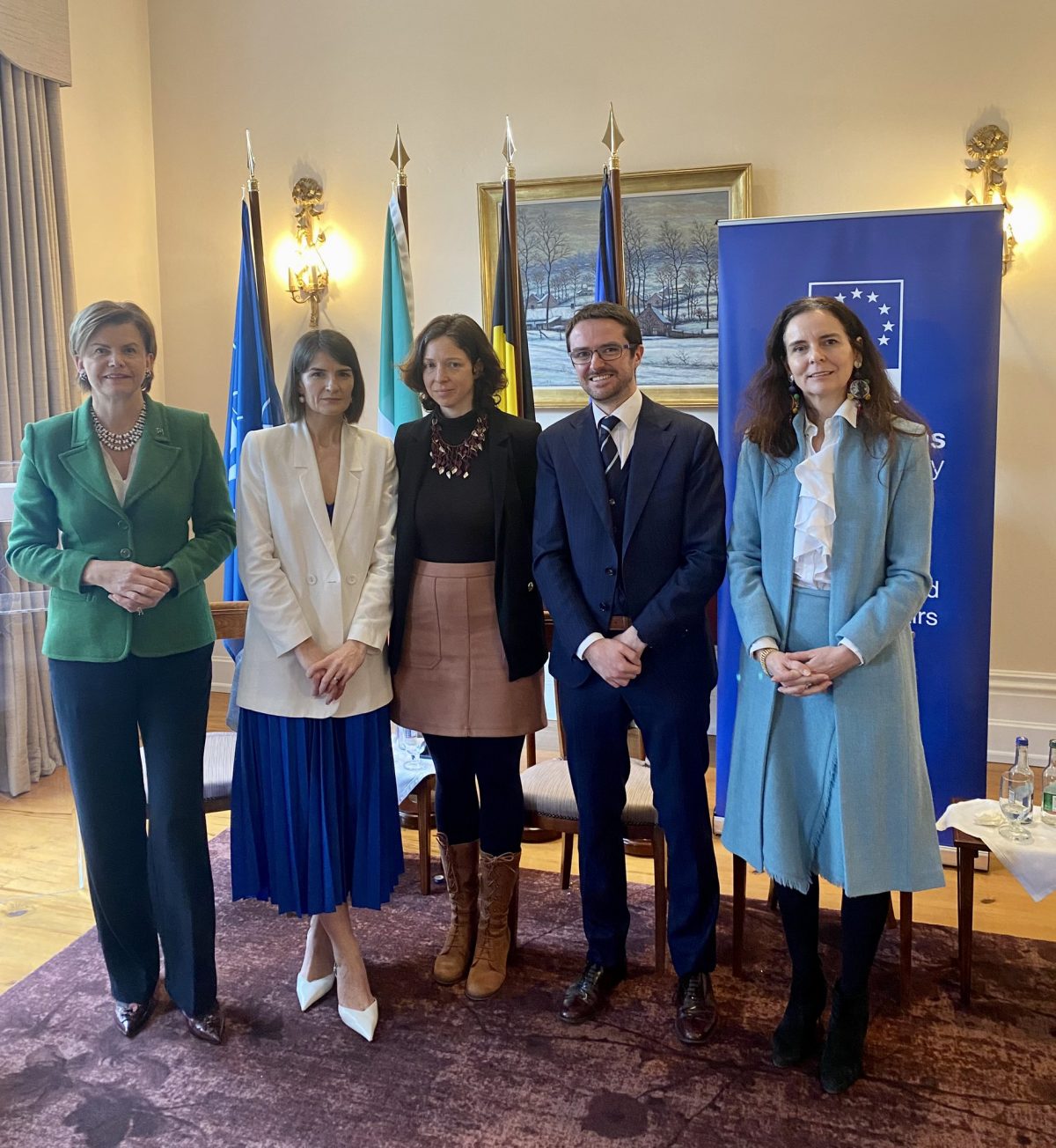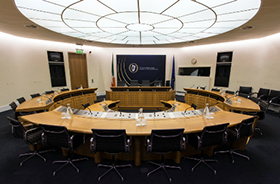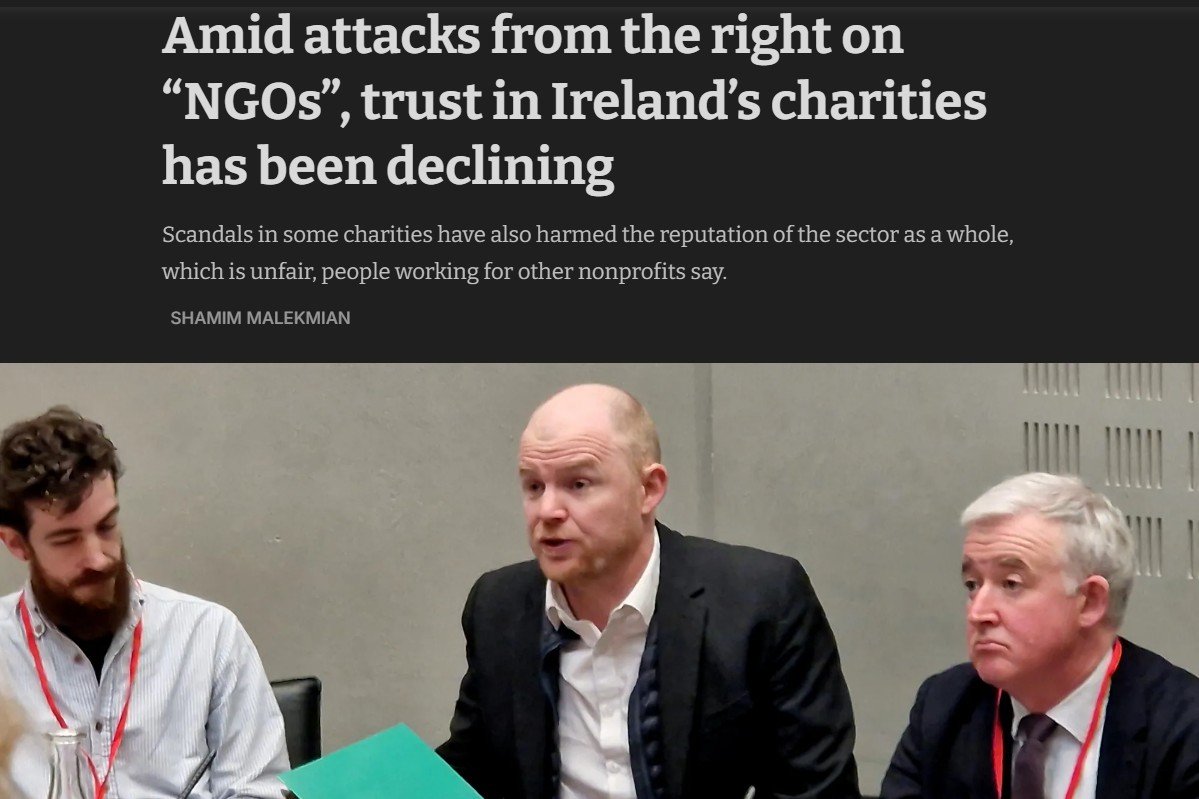On Wednesday, Disinformation and its Implications for Security and Defence was co-hosted by the Institute of International and European Affairs (IIEA), an international affairs think tank, and the Belgian Embassy, as a national contact point for NATO.
Ireland is not a member of NATO, but does cooperate with the alliance. In such countries, the embassy of one NATO member state serves as a contact point to disseminate information about the role and policies of the Alliance.
The panel for this event included Baiba Braže, NATO Assistant Secretary General for Public Diplomacy; Dr Eileen Culloty DCU and EDMO; and Sinead Carroll, TheJournal and EDMO. While Ambassador Braže discussed disinformation in terms of ‘hostile campaigns’ with a specific focus on the Russian invasion of Ukraine, Eileen discussed broad observations about disinformation as a research and policy area and Sinead highlighted insights from factchecking and media coverage of controversial topics.
All three speakers emphasised that it is it a mistake to underestimate the public. Baiba Braže noted that people are not naive. Eileen Culloty argued that there is a tendency to pathologize the public as “vulnerable” or “deficient”, which puts emphasis on upskilling individuals instead of addressing wider societal problems. Sinead Carroll similarly noted the need to provide the public with adequate information to help them understand issues for themselves.
There was also a broad consensus that platforms need to take more responsibility or be compelled to take more responsibility. As Eileen Culloty said, the simple truth is that online platforms could easily answer some basic questions about how disinformation spreads and whether countermeasures work.
Ultimately, the panel highlighted the different orientations that operate between those focused on domestic disinformation and those countering hostile campaigns and so-called hybrid threats. As Eileen Culloty observed, security and defence considerations have not played a major role in her work with DCU and EDMO, which she attributed to the nature of EU funding calls and to the perception in Ireland that the country is removed from defence issues.




